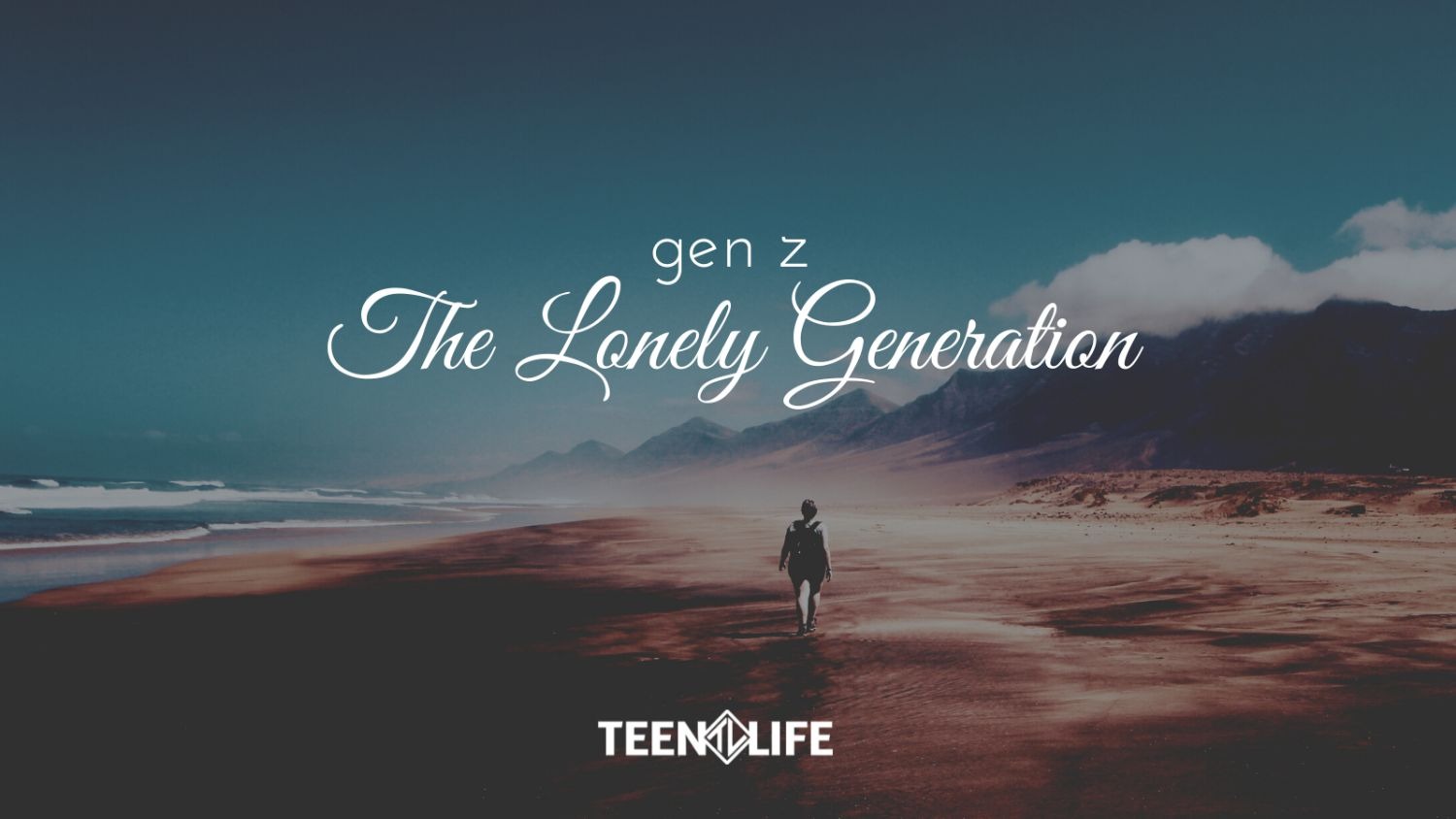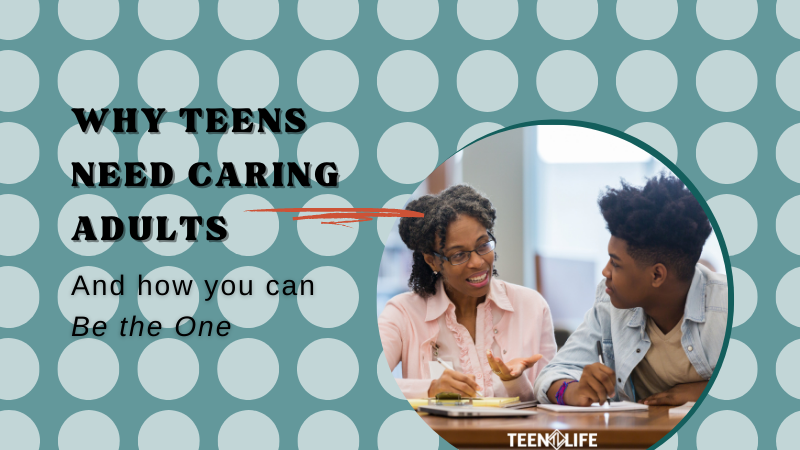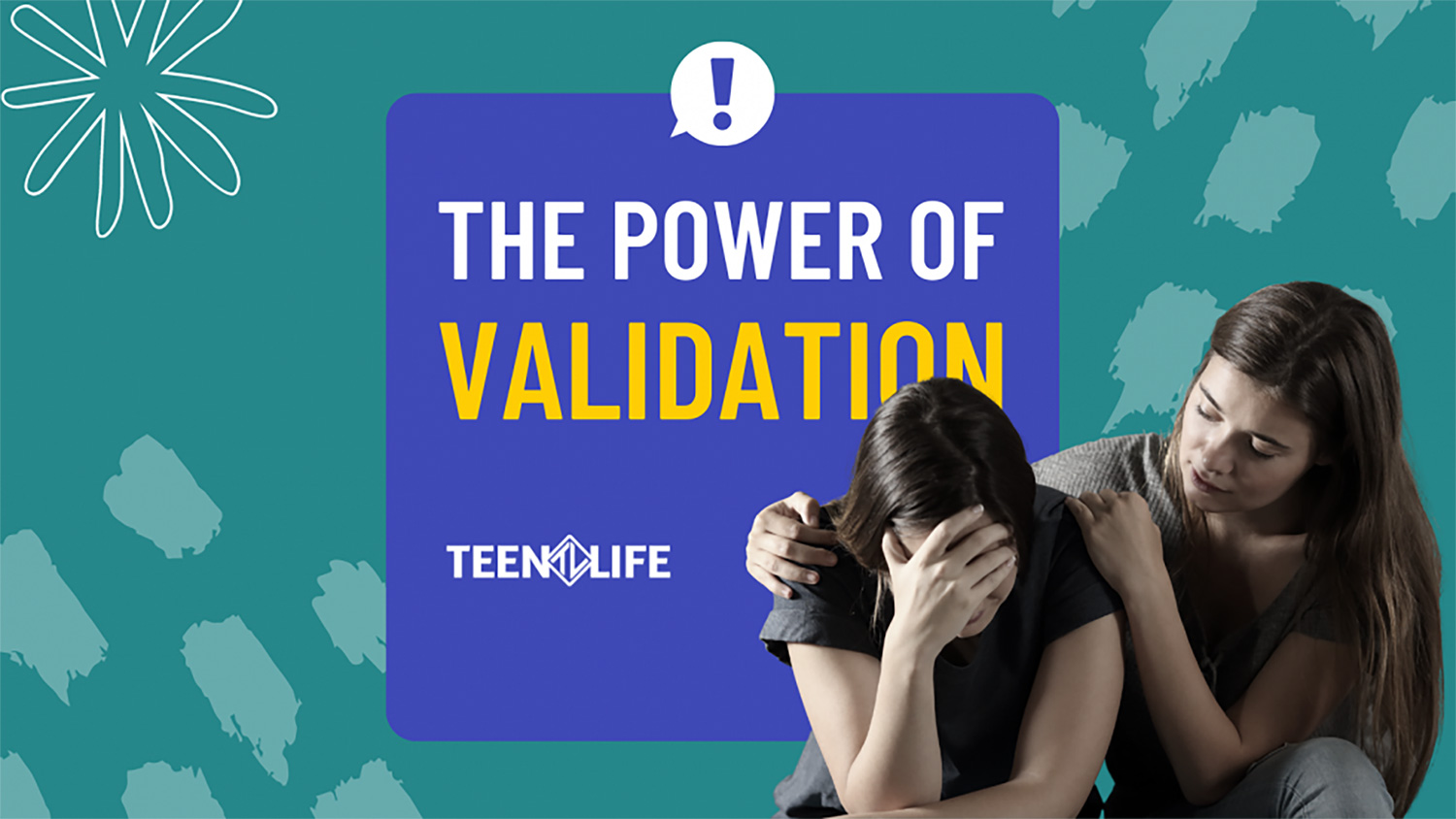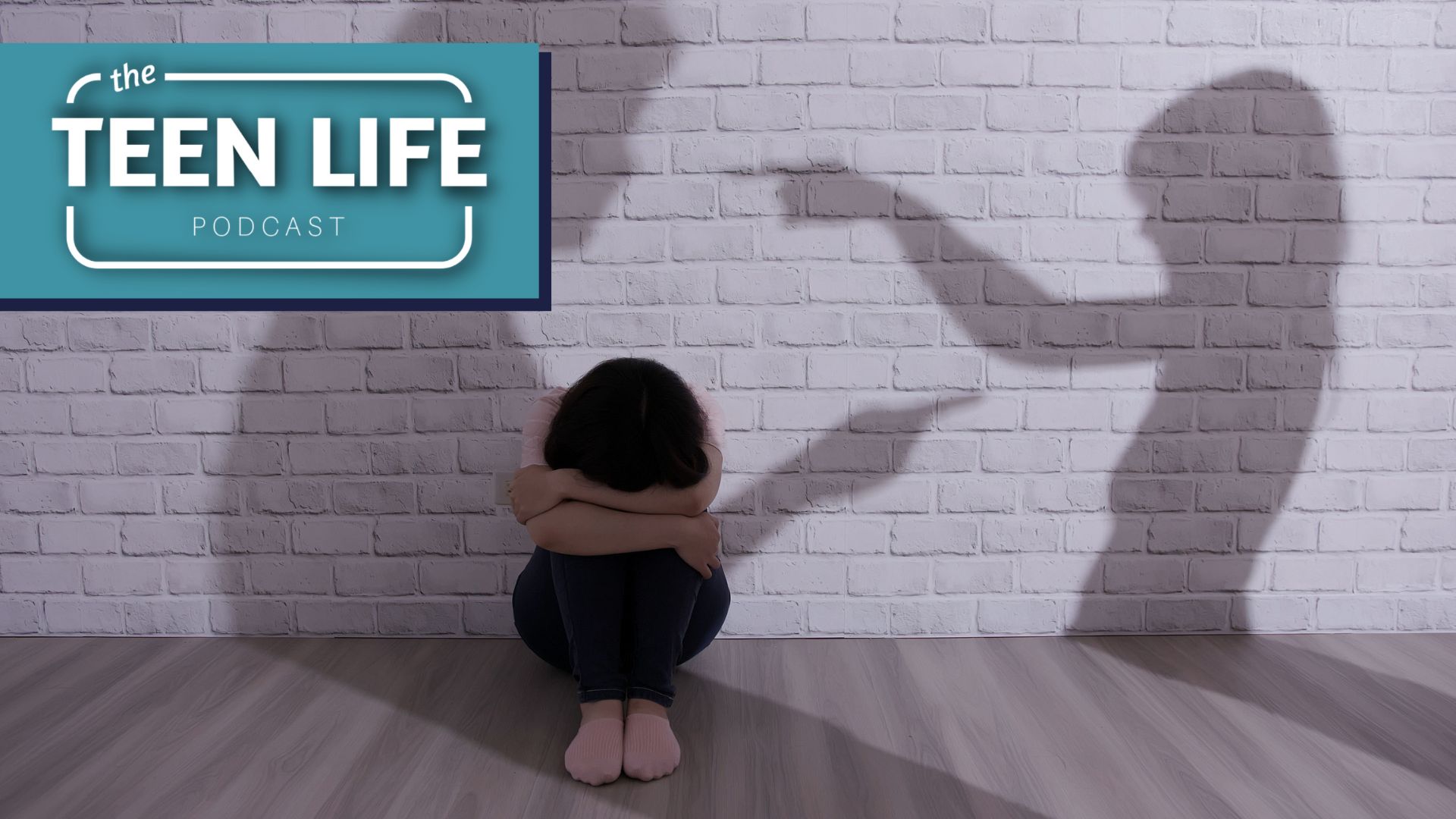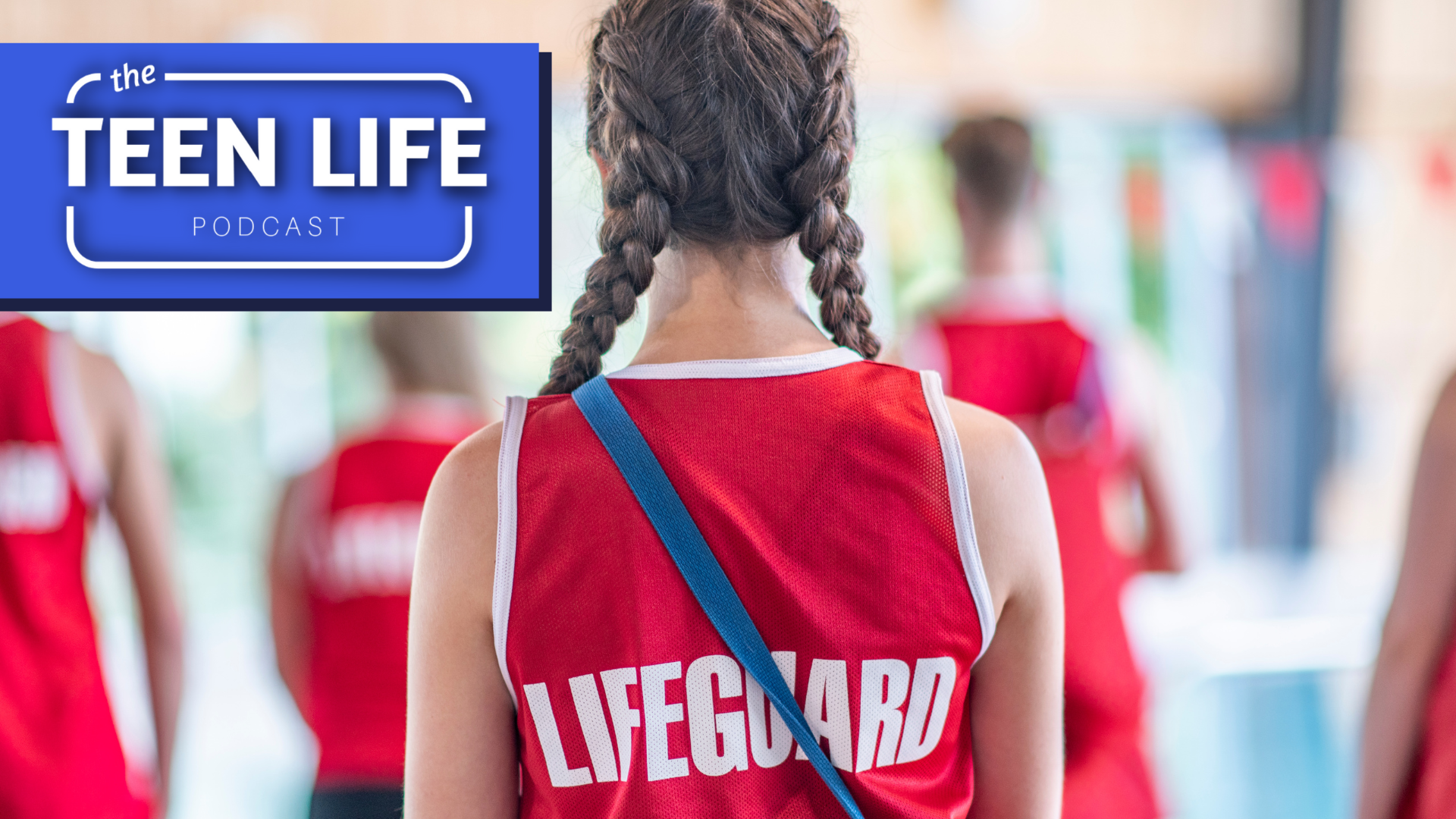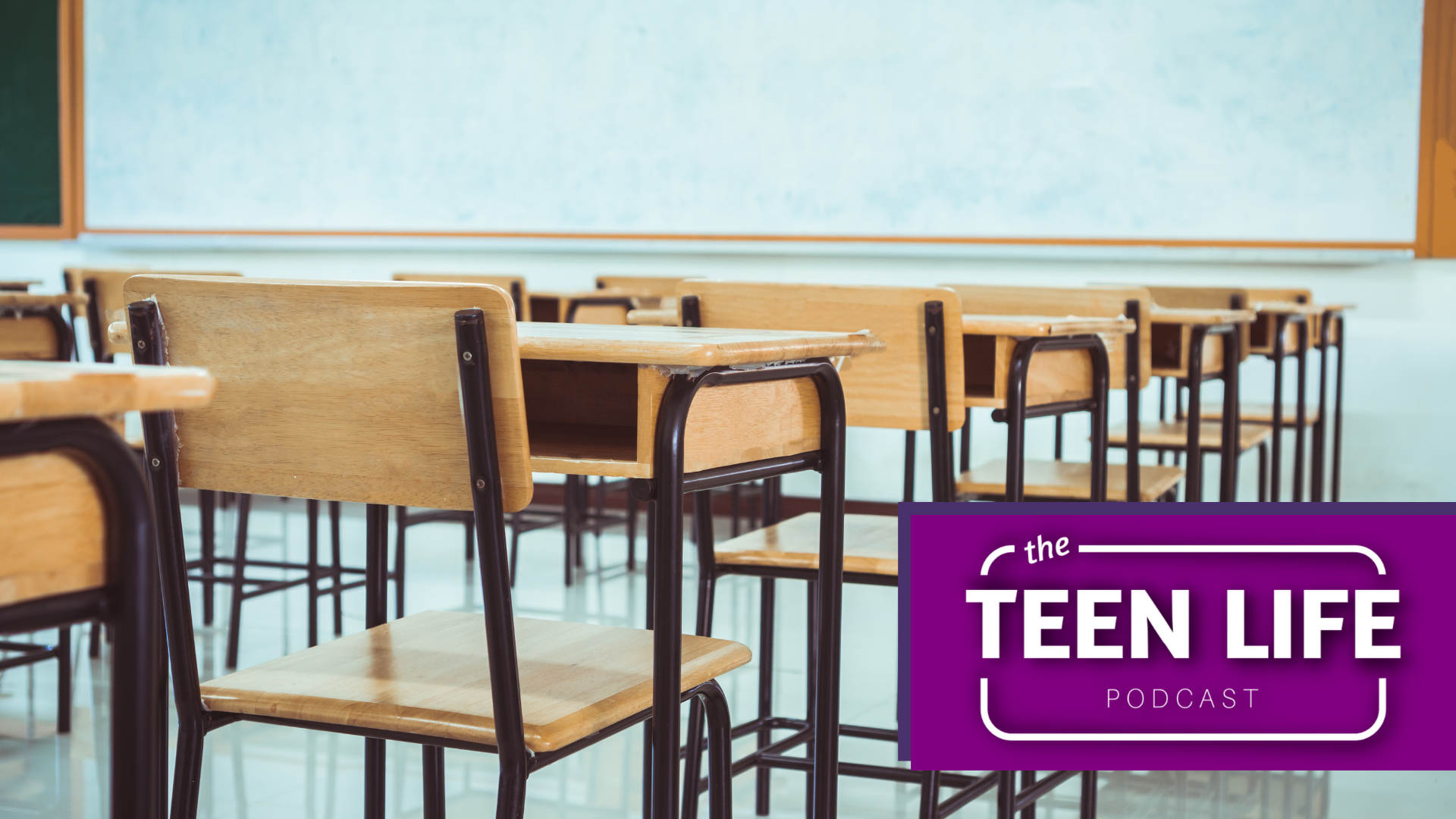Our teenagers (Generation Z) are the most connected generation, but they are also the loneliest. Seems contradictory, doesn’t it?
As a Millennial, my early teenage years were defined by wired phone calls, brick cell phones, and dial-up internet. I was a teenager when the iPhone first came on the scene and had my first phone with internet my Freshman year of college. I got Facebook in High School. Instagram gained popularity a few years later. Basically, technology and social media was rapidly changing, but I didn’t have to carry it around with me 24/7 like our current teenagers.
Today’s teens are even more connected than ever with Google, Instagram, Snapchat, FaceTime, TikTok, and messages at their fingertips. But let’s take a look at what it means for our teens who are growing up in a world that never turns off…
In Michele Borba’s book Thrivers, she states the following:
“Welcome to the “running on empty” generation…They are more inclusive and open-minded…They’re well educated with high aspirations for college and their future. But they’re also less happy and more stressed, lonely, depressed, and suicidal when compared with any previous generation – and those descriptions were identified prior to COVID-19 and all the resulting anxiety it produced.”
That is not a fun statement to read, and we are going to break down some more characteristics of Gen Z in Episode 43 of the Teen Life Podcast. Be sure to subscribe in your favorite podcast app or sign up to receive notifications so you won’t miss it! For now, let me give a couple of suggestions for how we can combat the loneliness of this generation.
Listen to understand.
One student in Thrivers said, “We hide our anxiety…It doesn’t work telling our parents because they don’t understand what it’s like to be a kid.” I know that it is easy to compare our teenage experiences with what teens are currently going through, but it isn’t the same. They are living in a world that is completely different from the one you grew up in.
Instead of minimizing their experiences, use this as a chance to listen and ask good questions! Be curious. Resist the urge to give advice if all they are looking for is an empathetic ear.
Model imperfection and boundaries.
A piece of nearly every day is posted online now, and our teens feel the pressure to be “picture-perfect” at all times. The “comparison game” is not a new problem, but now our teens are comparing their worst to the highlight reel of others. Pictures are filtered and feeds are full of celebrities and influencers.
This might seem silly, but make sure that teens know that they are valuable just as they are. They don’t need to filter or fake their life to enjoy it. Pictures and videos do a great job of capturing moments, but make sure you put your phone away sometimes to be fully in the moment! On the other hand, take the picture even if you don’t look your best. Model healthy boundaries and self-esteem with how you interact with social media.
Set aside time to connect.
What combats loneliness better than human connection? Life can get busy but scheduling regular time to connect with your teen can make a huge difference! In a recent podcast episode with my dad, Chris Hatchett, we talked about how he has intentionally made time for me from a young age. The main way he did that while I was in High School was to take me to lunch every week (every teen loves free food!).
Here are some other ways to be intentional with your connection:
- Talk in the car to or from school
- Grab breakfast before school
- Stop by a coffee shop on the weekends
- Do something special on their birthday – bring lunch to school or take them out
- Ride home together from games
- Schedule a meal together weekly or monthly
- Go shopping to find a new outfit
- Do a hobby together – golf, reading, building something, concert, movies, etc.
Teenagers will benefit from your wisdom and advice, but they will thrive when they feel connected and accepted by you! Let’s change the narrative for this generation and bring more connection than loneliness.
by Karlie Duke (Teen Life)

